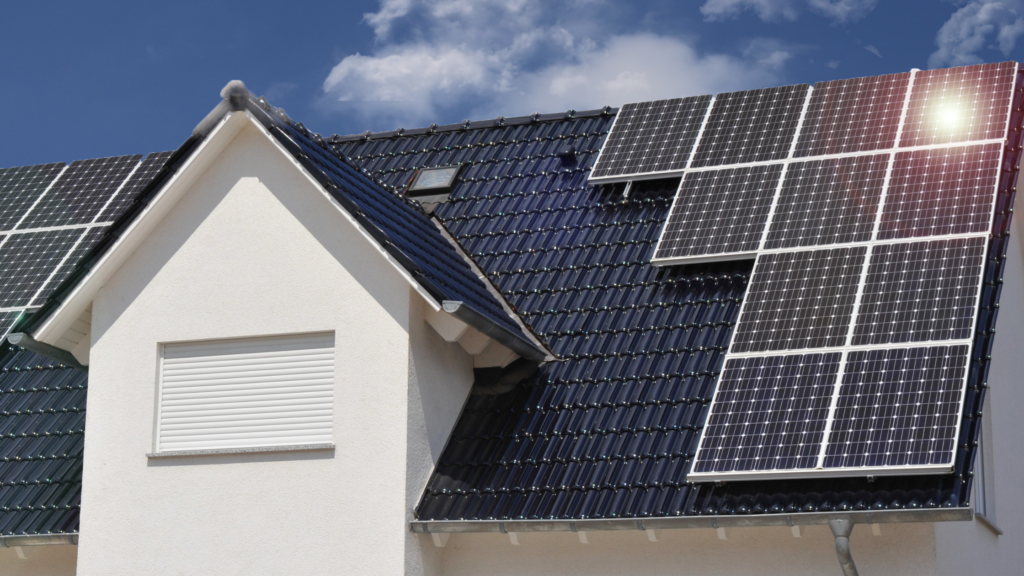Arizona Solar Panel Cost: Local Guide (2024) – MarketWatch
If you’re considering purchasing solar panels for your home in Arizona, there are two main ways to reduce the cost. The first is comparing multiple quotes to make sure you’re getting the best deal. Then, once you have chosen a solar provider that offers the best value for your investment, you can take advantage of several tax incentives to reduce your out-of-pocket cost.
Solar Incentives for Arizona Residents
If you live in Arizona, you can take advantage of the following incentives, including federal and state tax credits and net energy metering.
Federal Solar Tax Credit
The solar investment tax credit is a federal incentive, which means it can be claimed in Arizona and you can combine it with local benefits. The credit allows you to claim 30% of the cost of your solar project as a deduction against your federal income taxes, and unused credit can be rolled over to the next year.
Keep in mind that this credit is a tax deduction, not a refund or rebate. So for example, if you install a solar panel system for $15,000, you can credit $4,500 toward your federal tax return burden.
Arizona State Tax Credits
Arizona offers three additional tax incentives than you can combine with the federal tax credit.
- Residential Solar and Wind Energy Systems Tax Credit: Available for wind turbines and a wide range of solar energy systems, including photovoltaics (PV). You can claim a state tax credit equivalent to 25% of project costs or $1,000, whichever is less. Your project must be covered by at least a one- or two-year warranty, depending on the type of renewable energy equipment you are using.
- Solar and Wind Equipment Sales Tax Exemption: A sales tax exemption that equals an immediate discount of 5.6% when you purchase a solar panel system in Arizona. Available for residential and commercial users, it also covers lithium-ion batteries. The exemption does not apply to additional sales taxes charged by cities unless specifically directed by individual tax codes.
- Energy Equipment Property Tax Exemption: Prevents an increase in your property taxes if your home value increases after installing solar panels. So if you own a $400,000 home in Arizona, and your solar power system increases its value to $430,000, you will still pay property taxes for a $400,000 home.
Net Metering
Arizona has had a net metering policy in place since 2009. The program allows you to earn credits for any excess energy produced by your solar panels. So if your panels generate more energy than needed to power your home, you can send it back to the utility grid in exchange for credits toward future electricity bills. If there is a billing period where your solar credit exceeds your electricity cost, you can roll over the difference to the next month.
To qualify for this benefit, your solar capacity must not exceed 125% of your connected load or your equipment’s total energy usage. You will be paid a specified rate per kilowatt-hour for any surplus energy your panels generate, as set by your utility service.
The rates for Arizona utility companies are as follows:
- Arizona Public Service (APS): 10.45 cents per kWh
- Tucson Electric Power (TEP): 8.68 cents per kWh
- UniSource Energy Services (UNS): 10.35 cents per kWh
Since solar export rates are slightly lower than the retail electricity prices in Arizona, you may also benefit from installing a solar battery to store surplus energy for later use.
Shop Around and Compare Quotes
If you’re considering solar panels for your home, we recommend comparing quotes from multiple companies before you buy. Keep in mind that you’re buying a 25-year asset when you purchase a solar system, and the first offer you get may not be the best available. Comparing quotes also allows you to be cost-effective by identifying over or underpriced offers.
We suggest you keep the following tips in mind when shopping for solar equipment to meet your home energy needs:
- Cost details: Always ask for a detailed breakdown of all the components included in solar panel installation costs, not just the total price.
- Ask about added benefits: If an offer is much more expensive than the rest, check if it includes add-ons such as a home battery.
- Be aware of pricing: Solar offers that are much cheaper than other estimates should raise red flags since it could mean you’re getting low-quality equipment.


